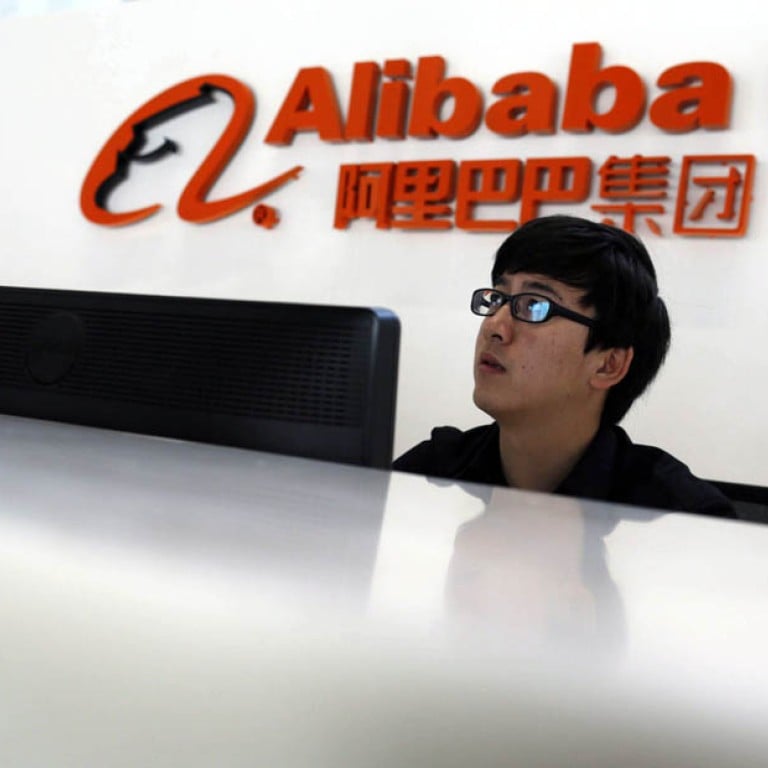
Regulator made the right call in spurning Alibaba
China has arguably the largest e-commerce market in the world and Alibaba dominates it. So the internet giant's final decision to list in the US instead of Hong Kong must come as a disappointment.
China has arguably the largest e-commerce market in the world and Alibaba dominates it. So the internet giant's final decision to list in the US instead of Hong Kong must come as a disappointment. The prestige and high fees would have given a boost to Hong Kong's market for initial public offerings. And Alibaba's management said more than once they would have preferred to list in Hong Kong.
Nevertheless, the city's regulators are right to stick to their guns. Alibaba's management has insisted that it continue to control the company's board even after the IPO by nominating the majority of its members. That could violate Hong Kong's existing rule on "one shareholder, one vote" because it is conceivable some future shareholders could amass enough shares to assert control yet would be denied their right to do so. Nevertheless, both the New York Stock Exchange and Nasdaq have said all along that they are ready to meet Alibaba's demand.
The Hong Kong exchange and its regulator, the Securities and Futures Commission, made the right call by insisting on sticking with the rules.
Arbitrarily changing them to suit a company just because it has market clout would not have enhanced Hong Kong's reputation as a premier financial centre with a level playing field for everyone.
Nevertheless, Charles Li Xiaojia, the head of the Hong Kong exchange, is not wrong to call for a review and reform of the existing listing regime. He did not specify what changes he thought should be considered. Presumably, allowing the kind of partnership structure that Alibaba has fought tooth and nail for would be up for discussion.
In the US, some tech and media giants such as Facebook and Rupert Murdoch's News Corp have comparable structures that enable their founders or top shareholders to retain control even if they lose majority ownership. They essentially argue: "Trust us, we know what we are doing."
The acceptability of such share structures, in the end, depends on the quality of a company's management and profitability. Those who fail to deliver will be punished by investors.
A general regulatory change after extensive public debate and consultation would have a legitimacy that a one-time special waiver such as that demanded by Alibaba would not.

